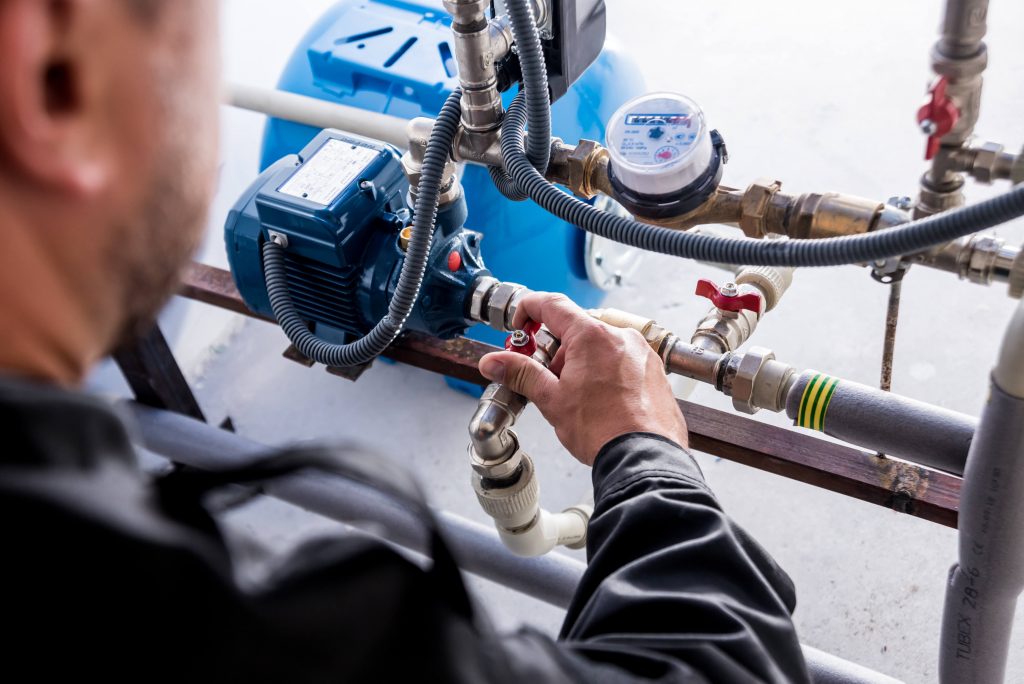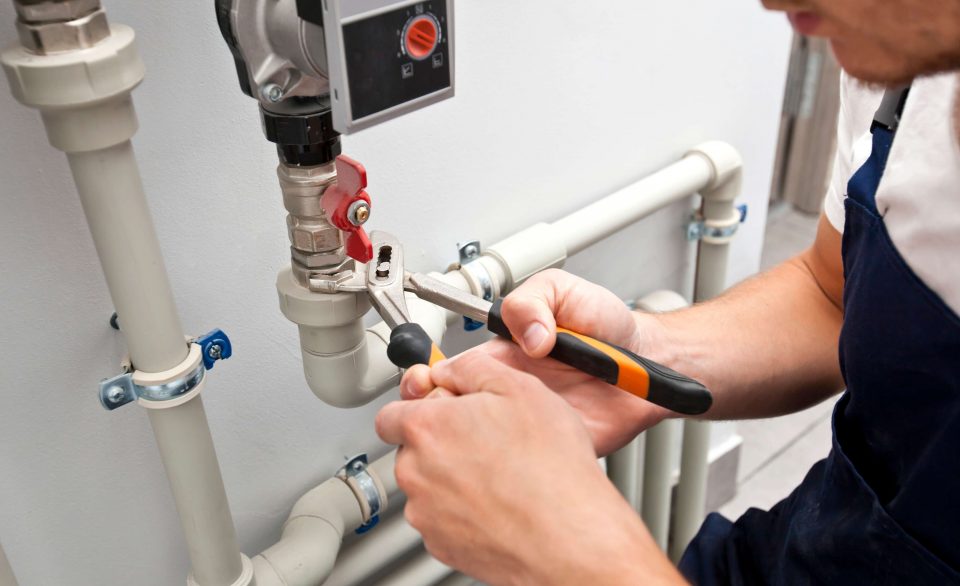As a homeowner, you already know that plumbing issues are inevitable for owning a house. While most problems come with aging fixtures on plumbing equipment, others may be caused by how specific systems are being implemented. These common issues may include costly dripping faucets caused by a worn-out washer or improper faucet installation and leaky pipes caused by excessive water pressure or incorrect pipe laying.
The plumbing system is one of the essential systems in your home because it includes elements like a water heater and sewer system. If you actively check and maintain this component, you’ll eliminate the need for expensive plumbing repairs and services in the future. Also, you’ll gain peace of mind since you know that your house is a healthy and safe environment for your family and guests.
In this article, you’ll learn four surefire strategies for preventing plumbing issues in your home.
1.Conduct A Regular Inspection
Table of Contents
The simple settling of your house and typical wear-and-tear can wreak havoc on your pipes and other plumbing fixtures. As corrosion and rust settle into galvanized pipes, it may cause distracting smells and discolored water from your faucets. Additionally, built-up hair, grease, and other dirt that seep into your pipelines may solidify, making it challenging for wastewater to drain out of your home smoothly.

With regular inspection, you can discover these plumbing issues before they gain the opportunity to do any damage to your property. With a professional plumbing inspection with plumbing services round hill, you can conduct an in-depth evaluation of your home’s plumbing to explore its current condition. These licensed technicians can examine pipes throughout your home, water heaters, bathtubs, sinks, toilets, and faucets during this activity.
A minor problem may cause significant damage to your home’s property and structure that is almost too difficult to locate. They can immediately become greater concerns if you overlook these issues over time. Fortunately, once you implement this regular inspection, you can actively prevent a plumbing nightmare, which saves you money.
2.Monitor What Goes In The Drain
Some activities that you do within your home contribute to the abuse of your home’s plumbing system. For instance, after cooking dinner for your family and disposing of the leftovers down the kitchen sink to allow the garbage disposal to work. Doing this may enable these chemicals to come into contact with other items, which leads to a failure in your plumbing system.
One of the best ways to prevent plumbing issues in your home is by identifying which things aren’t allowed to come down the drain. These items include coffee grounds, eggshells, grease, produce stickers, cotton balls, paper towels, household fluids, and hygiene products. If you unintentionally clogged your drain, you have to find the water supply hose and use a bucket to remove the extra water.
3.Update Water Heater
A properly functioning water heater plays an essential role in your home because this equipment provides hot water for your shower and assists your washing machine. However, it becomes a mere annoyance once it stops working as efficiently as it used to. Consequently, using such defective equipment may cause serious problems and consequences, such as erratic water temperatures, back-drafting, massive explosions, and contaminated water, which may cause property damage in the long run.
Consider replacing it if a water heating appliance starts showing signs of failure and you’re not getting sufficient hot water. Modern tankless water heaters have improved efficiency ratings and have greener options that can help you save money in the long run. In addition to reducing operating expenses, it eliminates carbon dioxide emissions, preventing major plumbing issues in the near future.
4.Avoid Taking Shortcuts
Investing in low-quality equipment and fixtures or forgetting to turn off the main water valve may lead to costly problems. You have to invest in a water leak detection system that is designed to provide maximum protection against leaks, which activates 24/7 house flooding monitoring. This system detects small leaks like line cracks, condensate, leaks in both heating and cooling pipes, and outside seepage that actively prevents significant damage.
Another way to prevent problems is to abide by the local plumbing codes. During your home remodel, you must ask a professional to determine the correct pipe sizes for supply lines and replace your existing globe shutoff valve. Doing so prevents you from using the wrong materials or skipping protective elements, which might put your household in danger.
Key Takeaway
Homeowners are expected to actively maintain their houses to ensure the comfort of their families and visitors. They have to consider following these four strategies to prevent major plumbing issues in their homes effectively. In turn, they can eliminate unnecessary repair costs in the future and gain the peace of mind they need as they live inside their homes.

